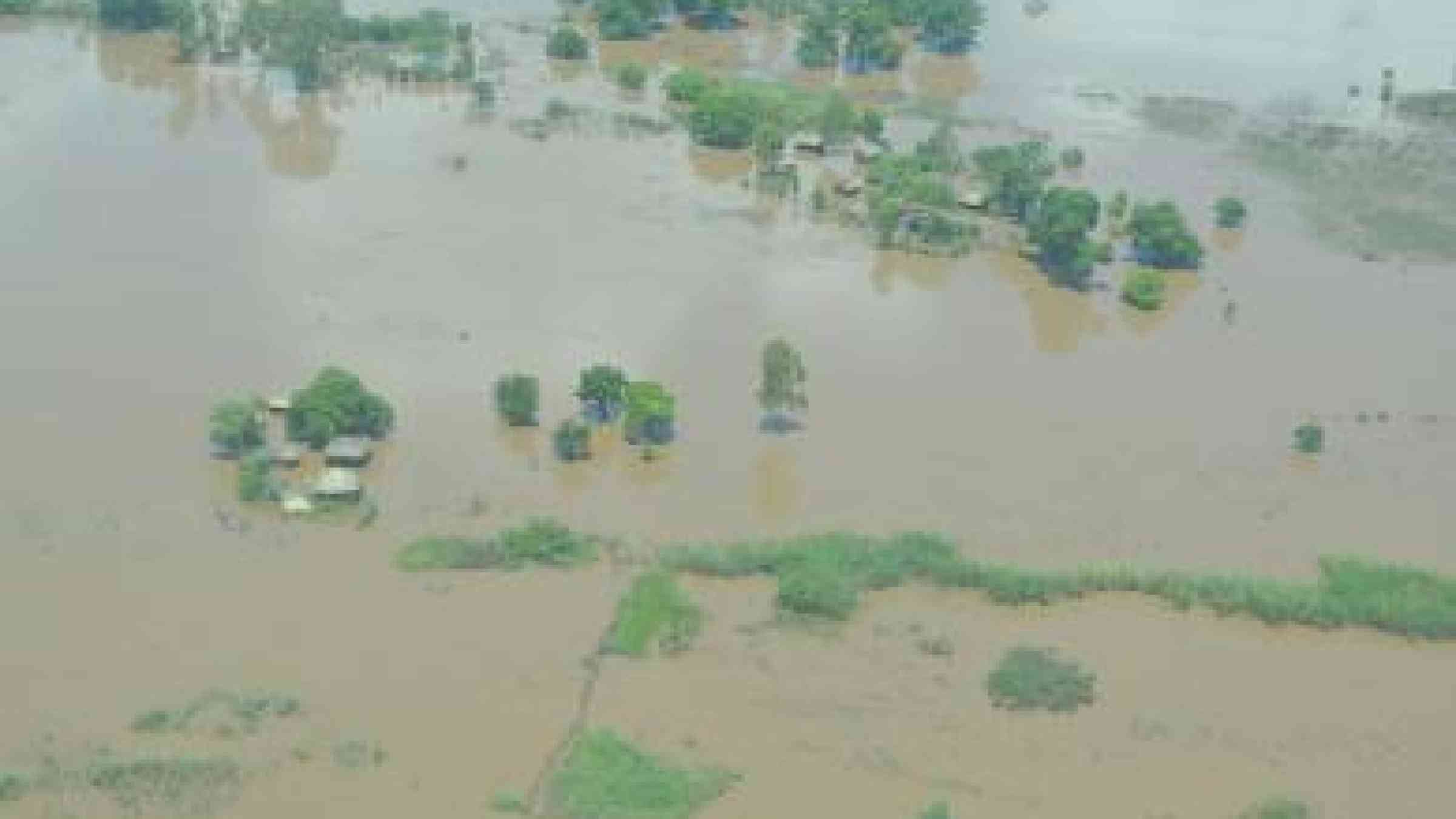
Lilongwe - Administrator for the United Nations Development Programme (UNDP), Helen Clark, has advised Government to ensure resilient recovery and reconstruction of infrastructure destroyed by the flood disaster earlier this year.
Speaking at Bingu International Conference Center (BICC) in Lilongwe during the official launch of the Post Disaster Needs Assessment (PDNA) report, Clark explained that resilient recovery was critical in ensuring preparedness against future disasters.
She said the importance of strengthening resilience throughout recovery efforts featured at the World Conference on Disaster Risk Reduction in Sendai, Japan, where most participants advocated for recognition of the important of resilient recovery in the Sendai Framework.
“The goal now must be to see that actions follow words and that recovery efforts around the world, including here in Malawi, are guided by decisions which take into account existing social vulnerabilities and strengthen the capacity of people to protect themselves and their livelihoods,” she explained.
Suggesting factors that could contribute to resilient recovery, Clark said; “With the floods still uppermost in the minds of many, there is an opportunity to increase public understanding of the risk of future flooding which is all the more important with climate change threatening to increase both the severity and intensity of natural hazards.”
She also suggested adherence to proper land use regulation with infrastructure and agricultural development being risk-informed.
“At UNDP we say 'If it isn't risk informed, it isn't sustainable' and that must apply to recovery from this flooding disaster,” said the UNDP head adding that recovery must be informed by assessments of climate and other disaster risks.
She also explained that building back better for a successful resilient recovery required strong partnerships thus urging joint efforts from Government, NGOs, civil society and the affected communities themselves; women and the marginalized inclusive.
“Let me emphasize that it is unlikely that these will be the last floods, or the last natural hazard to hit Malawi.
“If that is taken into account in the recovery efforts now, Malawi will be much better equipped to anticipate and to prevent the worst impacts of a similar shock in the future.